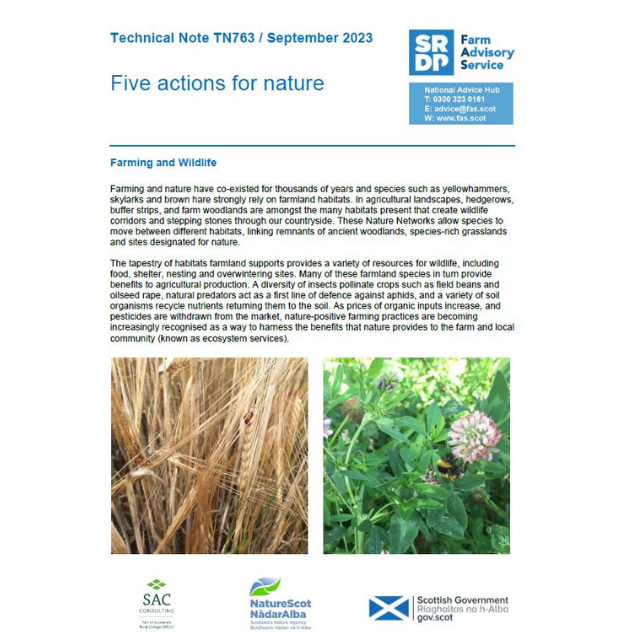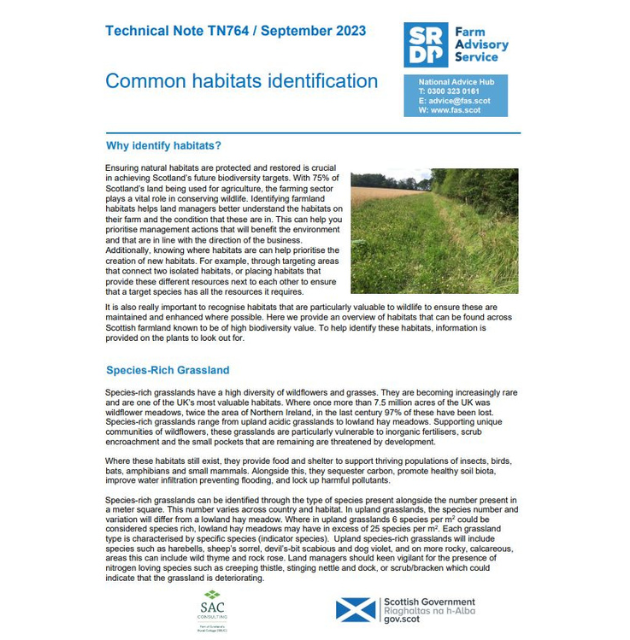Farm Wildlife Walks: Tackling the Biodiversity Crisis
3 November 2023With the release of the recent State of Nature Report, it has never been more clear the pivotal role farming has in addressing Scotland’s biodiversity crisis. Farming makes up the single largest land-use in Scotland, with figures suggesting between 70 – 75% of the country’s total area, so farmers must play a vital role in addressing nature decline.
In 2022, we launched the Farm Wildlife Walks series. Aimed at promoting and facilitating farmer-driven conversations about how best to address nature decline, as well as showcasing the positive contributions made by this same group, the initiative was a big success. The casual format of the meetings means that the series can cover a diverse range of topics and is able to be region and issue-focused. After the success of the first round of meetings FAS took the decision to expand the initiative, with more meetings, in more locations in 2023.
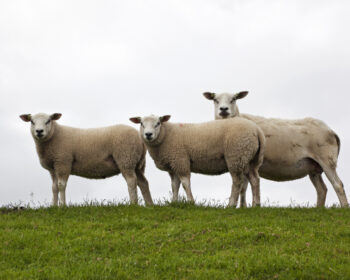
Blairnkine farm, Thursday 8 June
Matt and Lucy Tile discussed how habitat creation and restoration has improved the productivity and viability of their organic flock, including the creation of 9 ponds to create biodiversity hotspots and build climate resilience into their business.
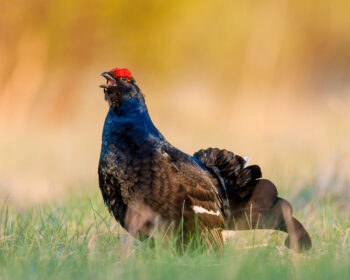
Glenacardoch farm, Thursday 20 July
Notable because this was the day that the Nature Restoration Fund returned in a rolling funding round. Duncan Macalister took a group of farmers on a three-stop tour of the farm for a discussion on assessing habitat quality across habitats.
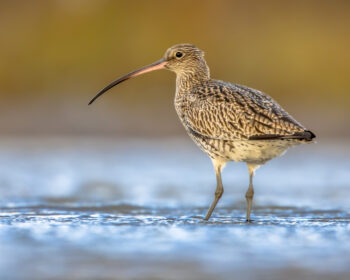
East Burnhead farm, Wednesday 9 August
Andrew Boswell discusses the issues around upland farming on a designated nature site, with a passionate defence of sheep in the uplands, the case for cattle, the importance of linear features for connectivity and the need for predator control.
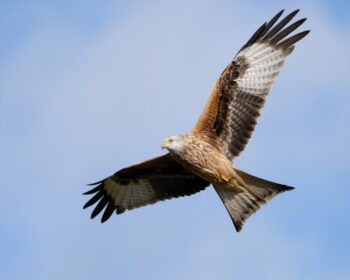
Argaty Red Kites, Lerrocks farm, Monday 21 August
The Bowser family open the gates to the FAS team for a farm walk to showcase how the Agri-Environment Climate Scheme has benefited the business and the farm. The group was joined by Sandra Stewart of Farming and Conservation.
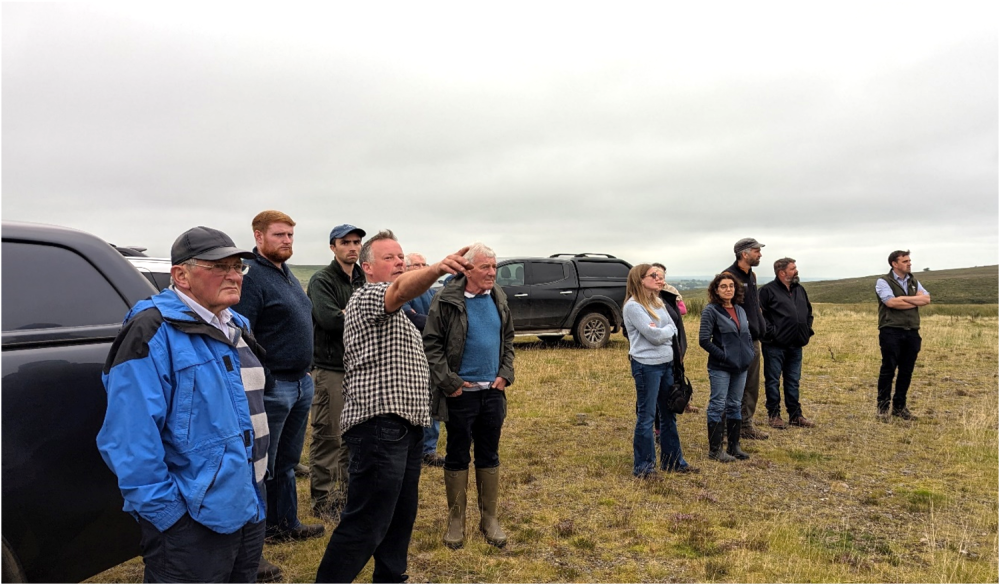
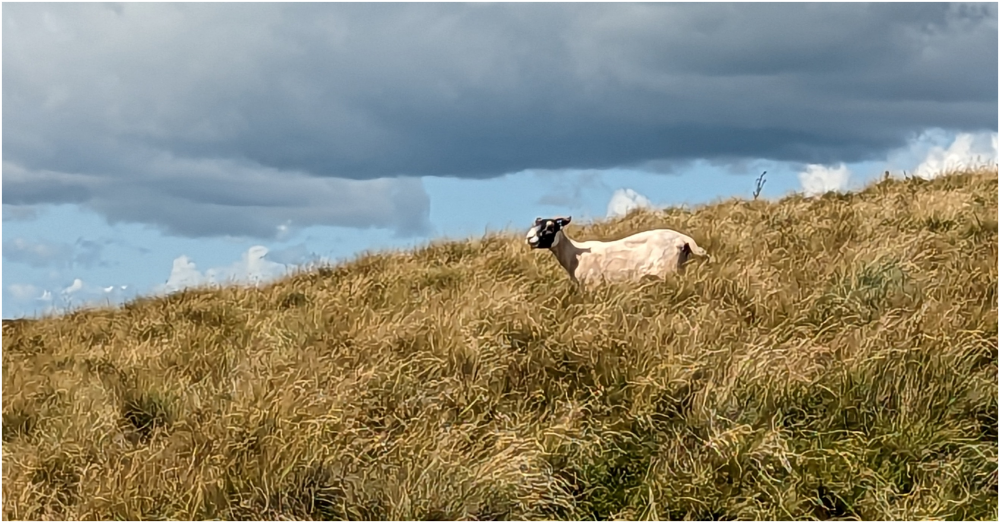
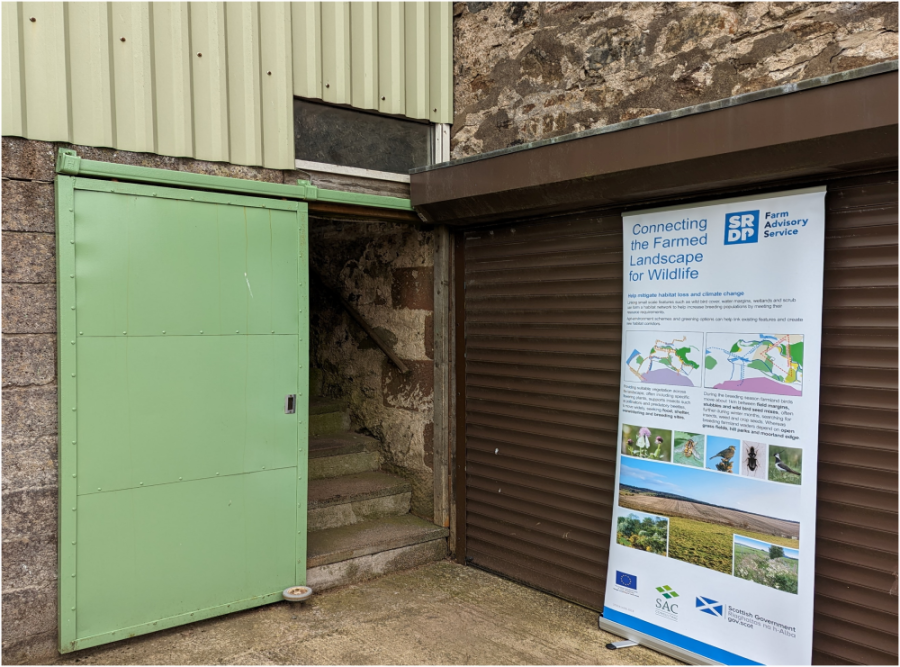
As farmers and crofters ready themselves for a future policy with increased focus on high nature value farming practices embedded, it is important that the conversation around conservation is happening at farm level. With a total of 88 attendees across four meetings, 9% have requested FAS biodiversity specialist advice, 5% have sought advice around applying for the Agri-Environment Climate Scheme and a further 11% have said they will investigate the Nature Restoration Fund, demonstrating the willingness within the sector for positive action and mindset change.
Further Support & Information
Support for biodiversity specialist support worth up to £1,000 is available through FAS and can be applied for today at:-
https://www.fas.scot/application-forms/specialist-advice-form/
Preparations are already being made for a continuation of the series in 2024 with even more meetings in new and familiar places. FAS has a range of new materials being developed all the time to support and inform farmers and landowners to take nature positive actions.
Technical Note (TN763): Five Actions for Nature
With approximately 80% of land in Scotland devoted to agriculture, the value of farmland habitats in connecting nature-rich habitats through our countryside is becoming increasingly recognised. Wildlife rich habitats can also sequester and store carbon, support insect pollinators and natural enemies, and regulate water flow. We have worked with NatureScot to identify five practical steps any farmer can take to farm in a more nature-positive way with benefits both to production and wider society. Read here >>
Technical Note (TN764): Common Habitats Identification
The wide range of benefits that farmland habitats provide is becoming increasingly recognised and industry is increasing asking farmers to quantify and map these habitats. New guidance will support farmers achieve this – the guidance provides an overview of the resources that farmers can use, and also also on how to recognise different farmland habitats. The guidance will also help support farmers to complete a biodiversity audit – required as part of the whole farm plan to be introduced in 2025. Read here >>
Sign up to the FAS newsletter
Receive updates on news, events and publications from Scotland’s Farm Advisory Service

